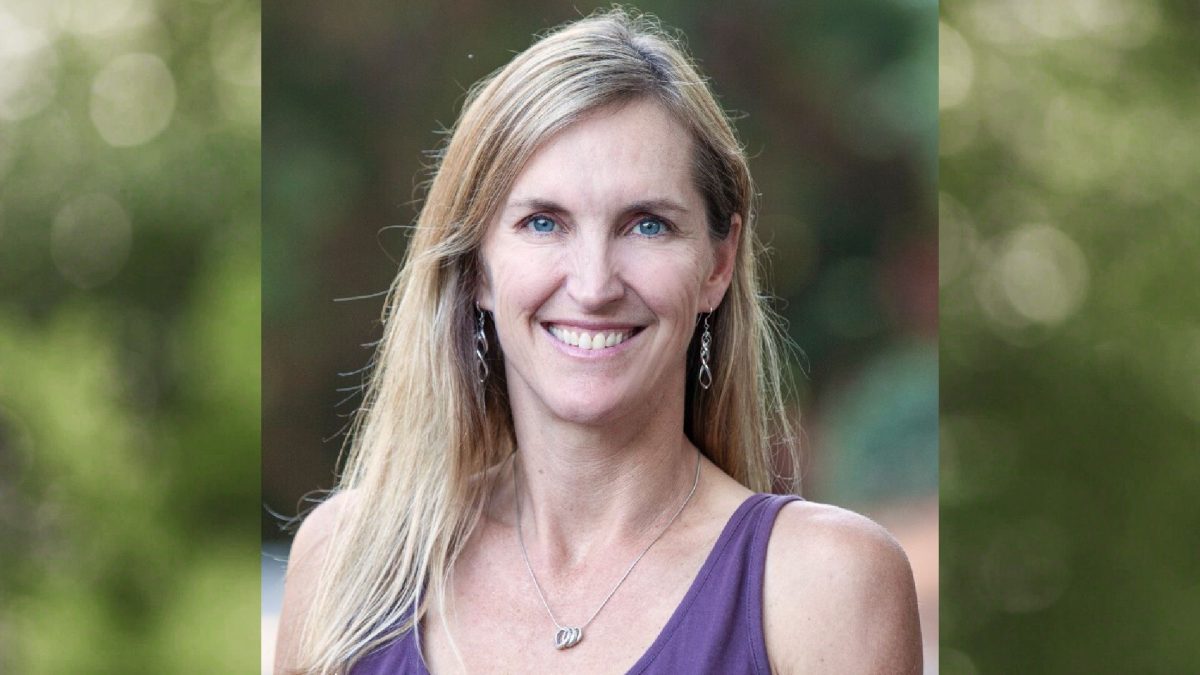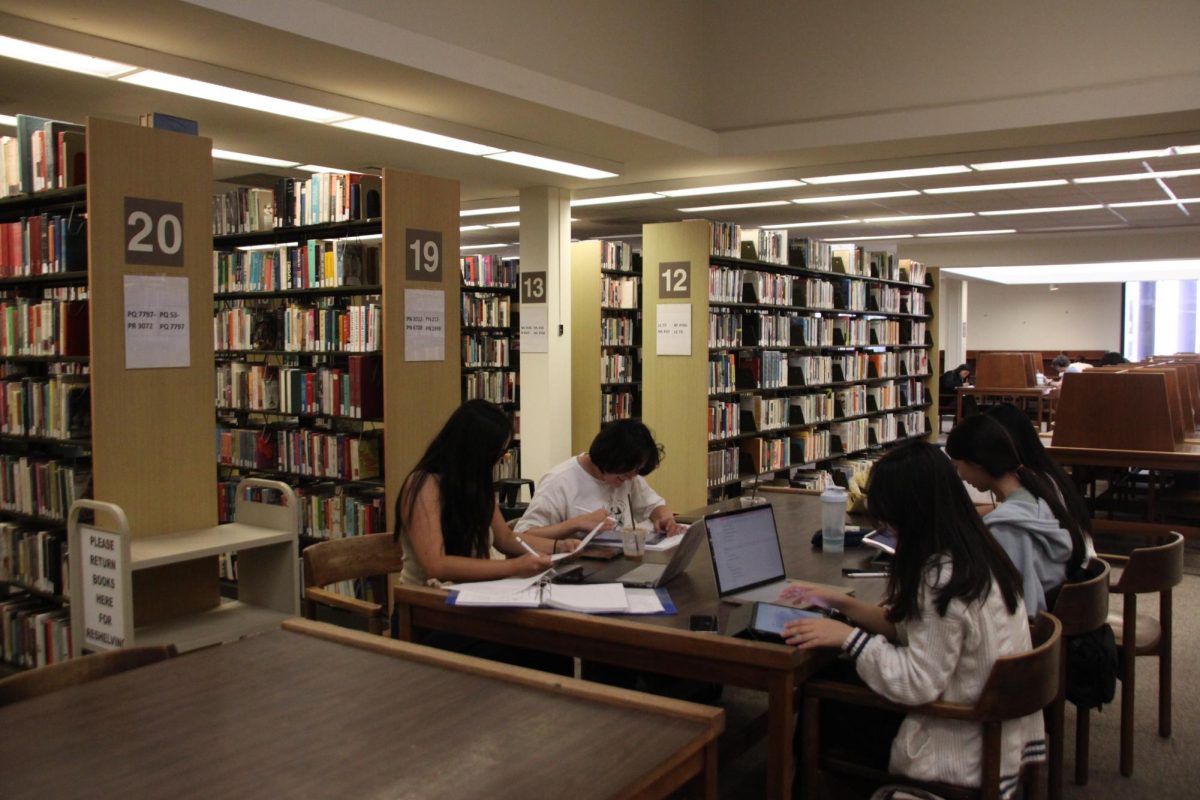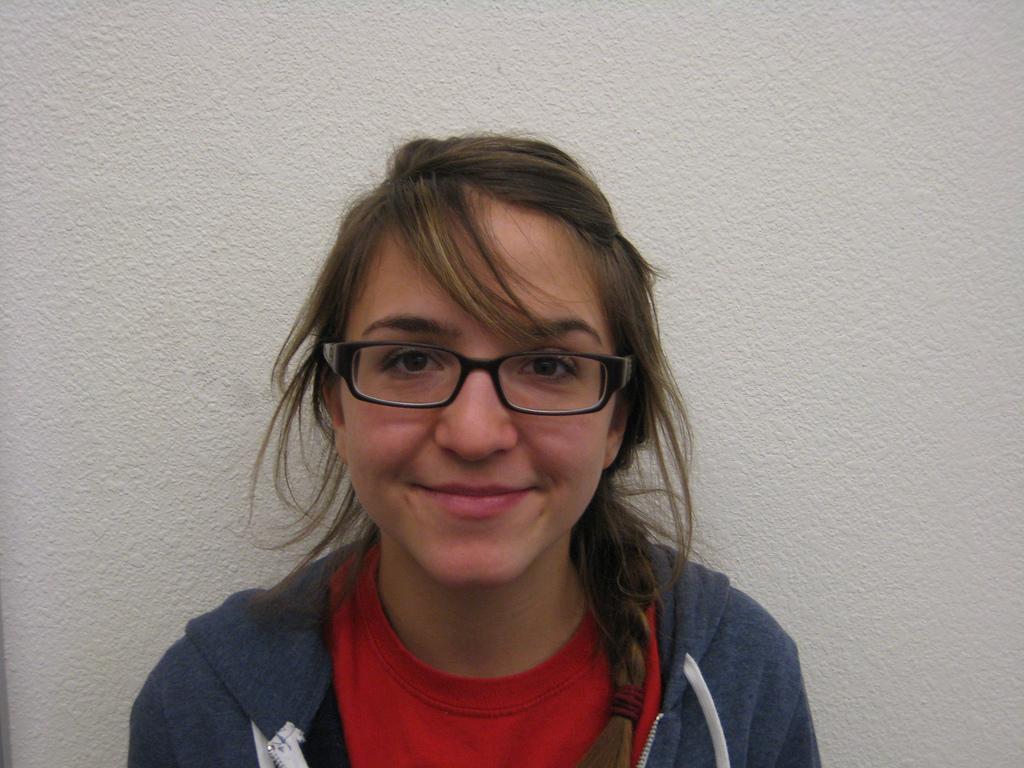The recent rise in popularity of Tom’s shoes isn’t merely backed by an aesthetic trend for slip-on flats, but by a feel good campaign called By One Give One.
The company promises that for every pair of Tom’s shoes purchased, another pair will be given to a child in need. While on the surface, this seems like a great way to help those in need while getting a shiny new pair of shoes, it may actually be doing more damage to Third World economies than good.
A lack of shoes, as well as clothing, medicine, food, clean water, and adequate shelter are all ultimately consequences of poverty. While donating clothing and other material goods might have short term benefits for its recipients, it doesn’t provide a long term solution to underlying causes of poverty, joblessness and low wages. Donations of clothes and shoes by international charities have actually been shown to decrease demand for locally produced goods, resulting in layoff of employees at local manufacturing plants. A study conducted by a professor at the University of Toronto found that from 1981 to 2000 used-clothing donations in the average African country resulted in 40 percent decline in apparel production and 50 percent decline in apparel employment.
In response to Tom’s promotional campaign A Day Without Shoes, which encourages participants to go without shoes for one day to bring awareness to global shoelessness, the website goodintentions.org established a counter campaign called A Day Without Dignity. Good Intention’s campaign encourages participants to bring awareness to the way in which handouts don’t provide a solution to poverty and actually robs recipients of dignity gained from providing for one’s self.
Do-gooders who want to help impoverished cultures rise above the crippling clutches of poverty should instead, invest in small businesses which allow recipients to establish sustainable methods of self support. Websites such as Kiva.org allow members to invest small amounts in start-up businesses of their choice in a process called, micro-lending. Micro- lending makes funds available for establishment and expansion to small businesses owners who would otherwise have difficulty qualifying.
Ultimately, monetary loans to small businesses invest in the economic future of a community, whereas material donations, such as Toms shoe’s, provide short term benefits to only the individual recipient.






































































